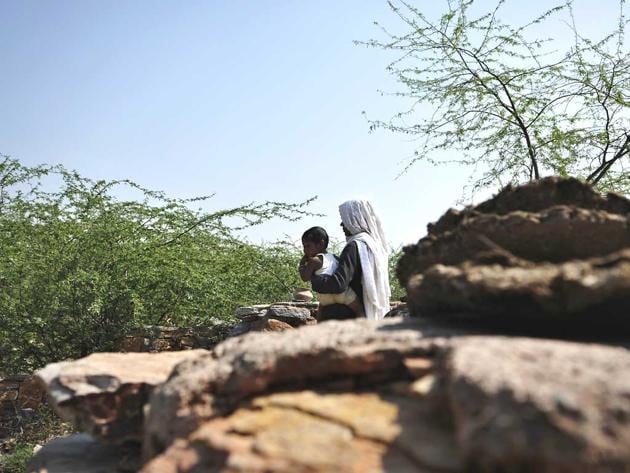Care work is highly gendered and a barrier to women’s participation in the paid economy. It’s time we changed that

Suvarna Santosh Ghate, a 38-year-old housewife who has never held a job, is learning to drive a two-wheeler at a skilling centre in Mumbai where I met her some months ago.
It’s an ambitious endeavour for someone whose day begins at 5 am with an unvarying routine of chopping-cooking-cleaning-washing. She cooks twice a day, because, well, her family can’t eat “stale” food. But between 2 and 4 in the afternoon, her “rest” time, she is able to slip away for driving lessons because “maybe someday I can get a job”.
All over the world, women bear a disproportionate burden of household chores. This “sexist economic system” has resulted in gross imbalances in paid work, finds an Oxfam report released this past week ahead of the World Economic Forum meeting at Davos.
The gender discrepancy is hardly news. The business of care work is the “main barrier to women’s participation in labour markets,” found a 2018 International Labour Organization (ILO) report. All over the world, 606 million women, compared to 41 million men, of working age said they were unavailable for paid employment because of unpaid care work.
Even among women, this work is unequally divided. Widowed women, finds the ILO, spend the most time (122 minutes a day), divorced women the least (87 minutes a day). But in every category, women spend far more time than men.
Economic status and educational attainment is not a buffer. In India, the decline in female labour force participation is highest among both illiterates and postgraduates. Workforce participation among women graduates fell by eight percentage points between 1993 and 2011, found a 2017 World Bank report.
The first bump comes with marriage, says Farzana Afridi, an associate professor with the Indian Statistical Institute. In 2011, half of all unmarried women aged 15-60 were in the labour force compared to just 20% for married women.
The second bump is motherhood. Having just one child affects women’s paid employment: In 2011, 23.6% of those with no kids were employed, just 16.1% for those with one child below six, finds a 2017 World Bank paper, The Motherhood Penalty.
For things to change, unpaid care work must be recognised as a common good by societies and governments. This does not mean that women get paid to cook and clean, but more the recognition that the work they do is valuable — if you were to put a figure to it, then $10 trillion of output every year, 13% of the global GDP, found a 2015 report by the McKinsey Global Institute.
The second is an effort to bridge the gap in care work. With girls’ rising aspiration and educational attainment, it cannot be business-as-usual. Boys have to be brought to understand that being fed and looked-after is not a lifetime entitlement, and they too must shoulder some of the burden.
A good place to start the gender revolution is in the kitchen. Get the boys in.
Namita Bhandare writes on gender
The views expressed are personal